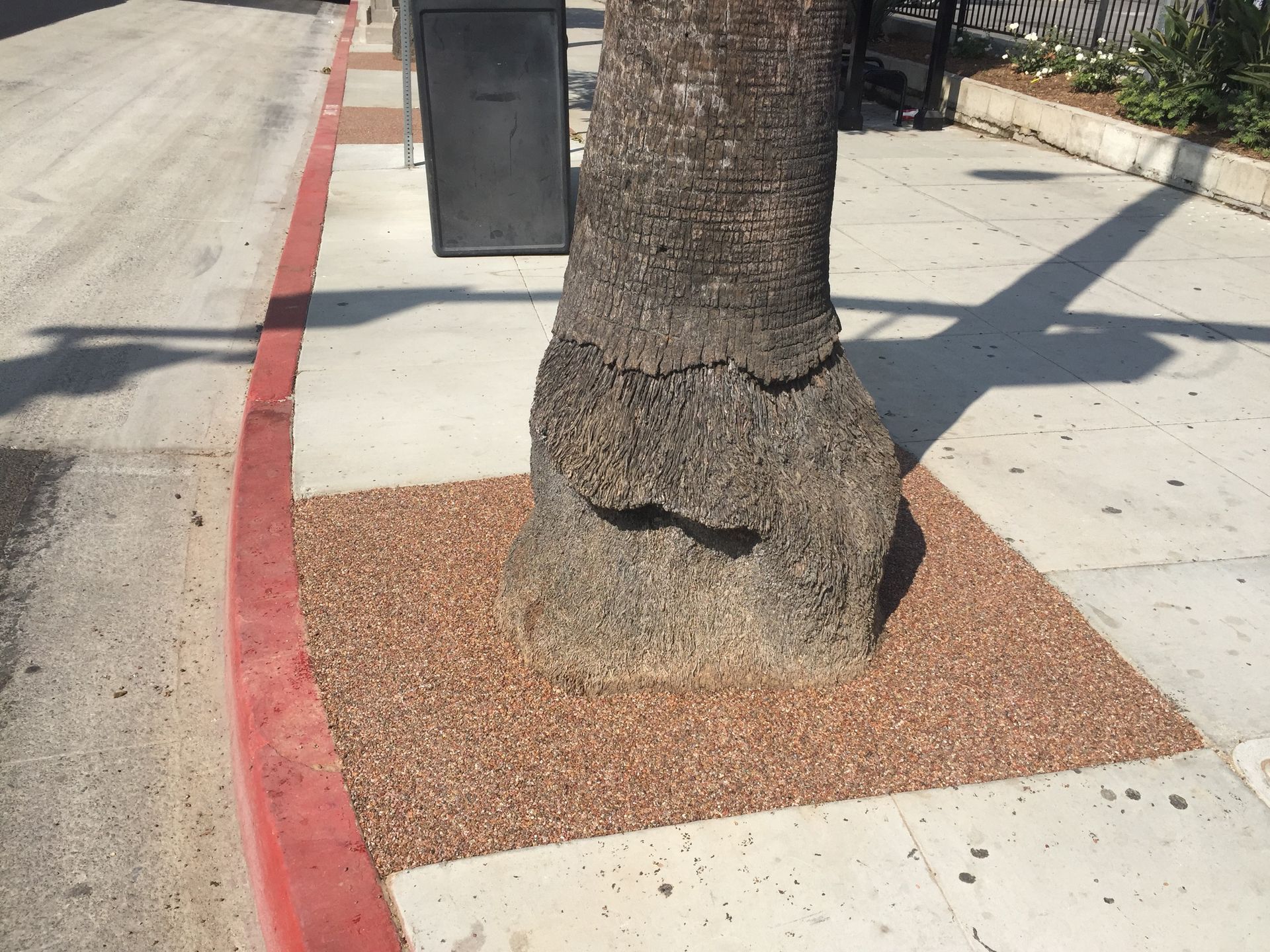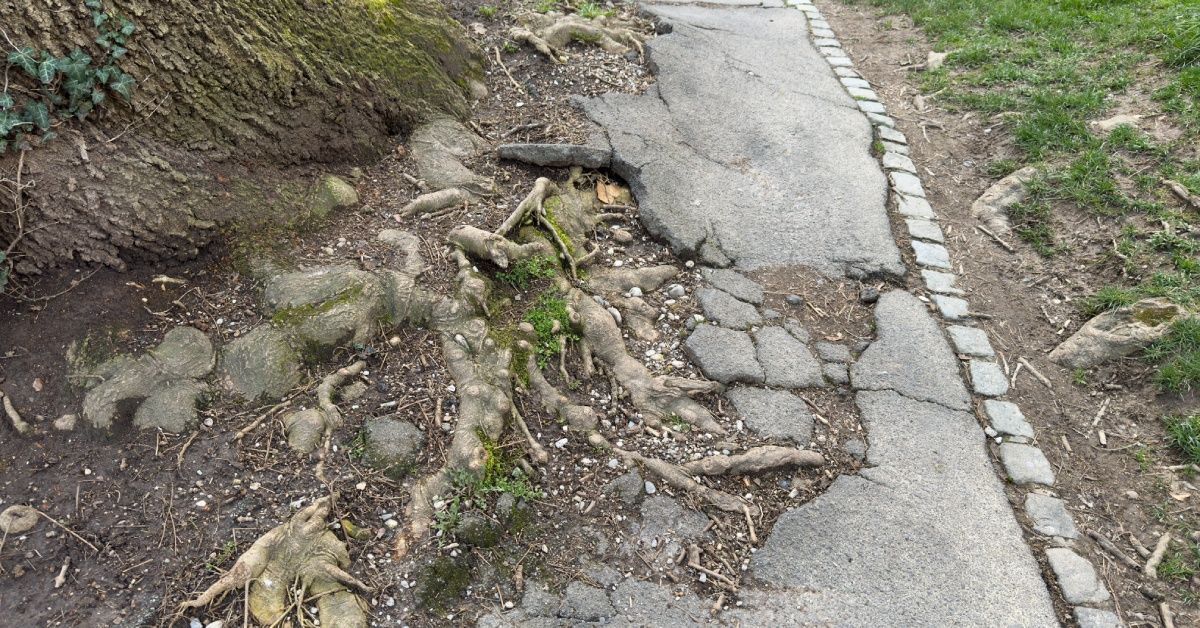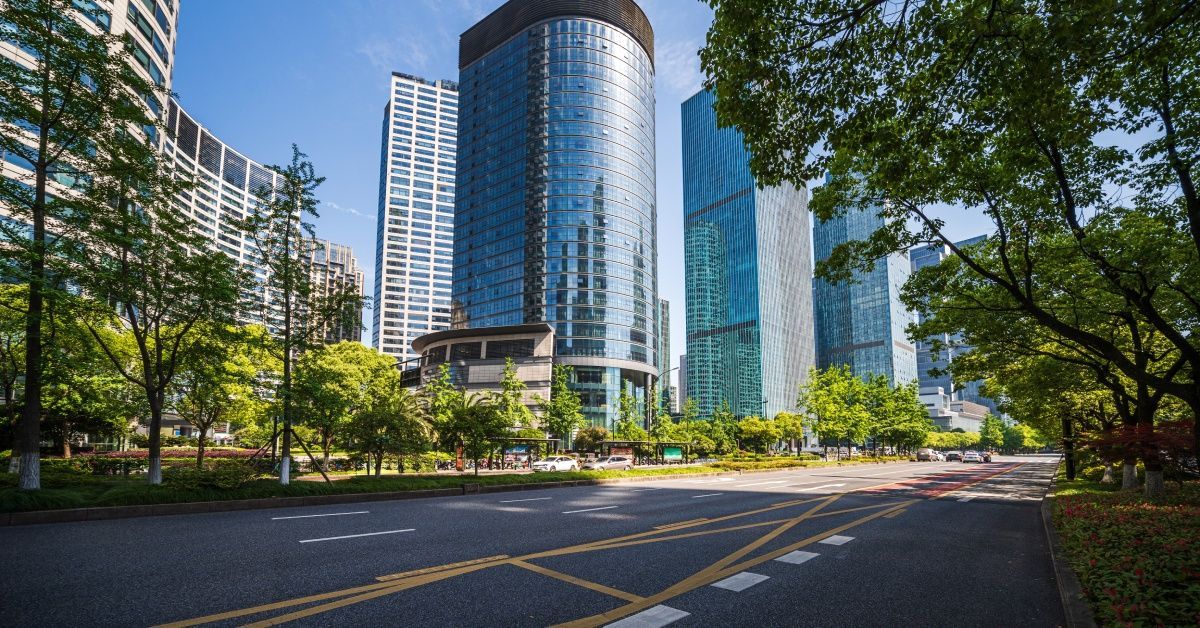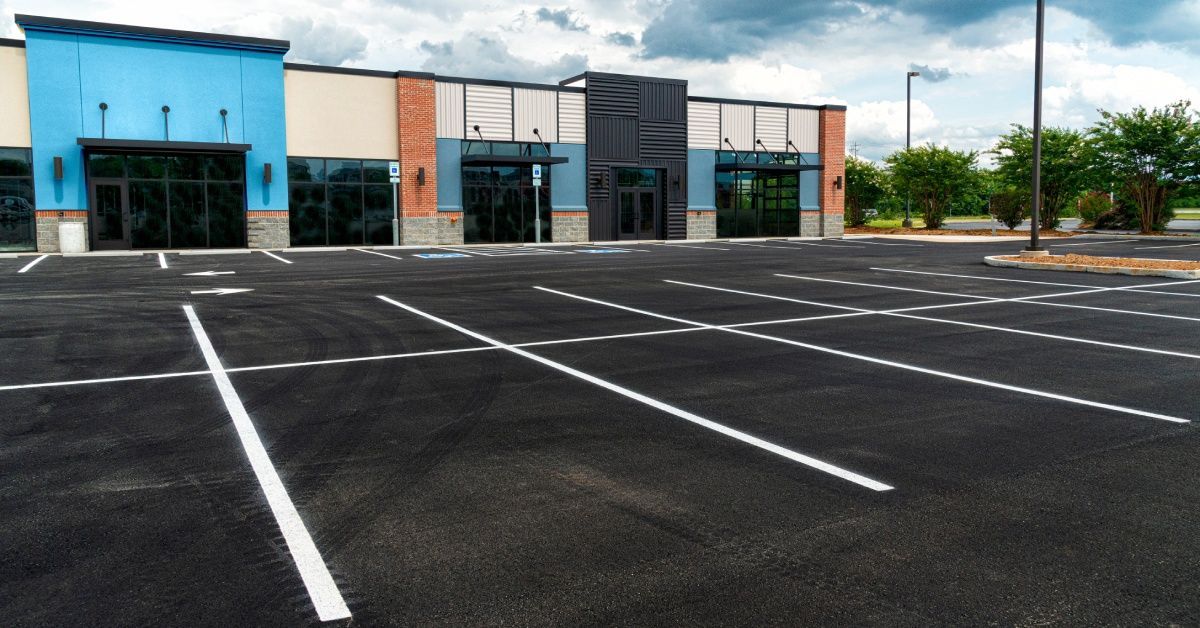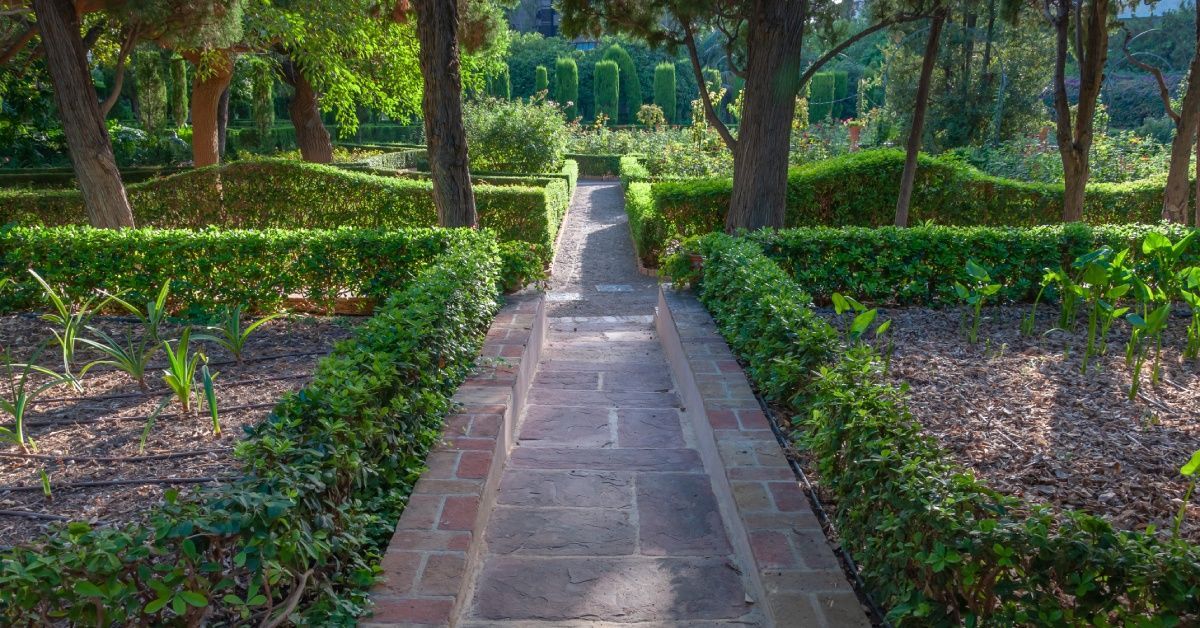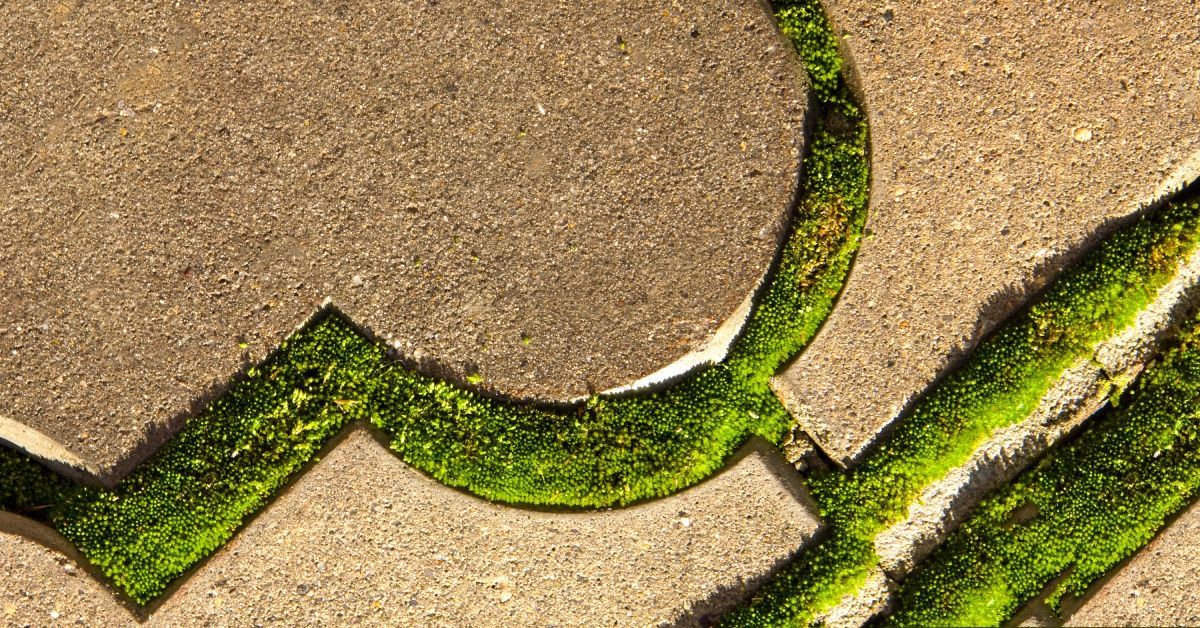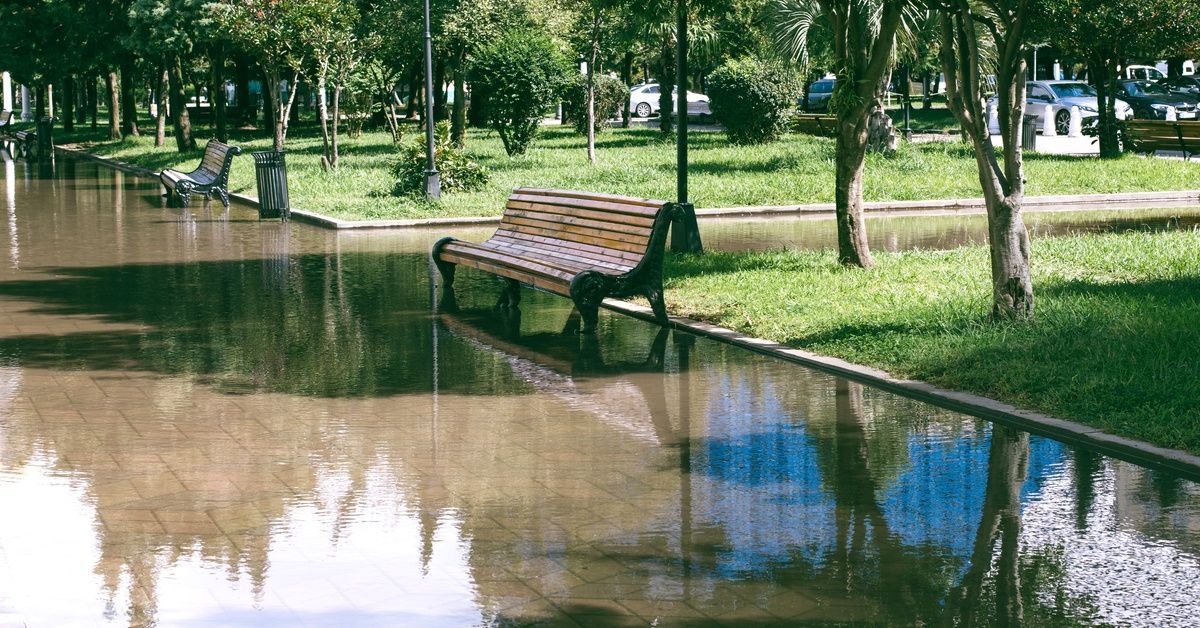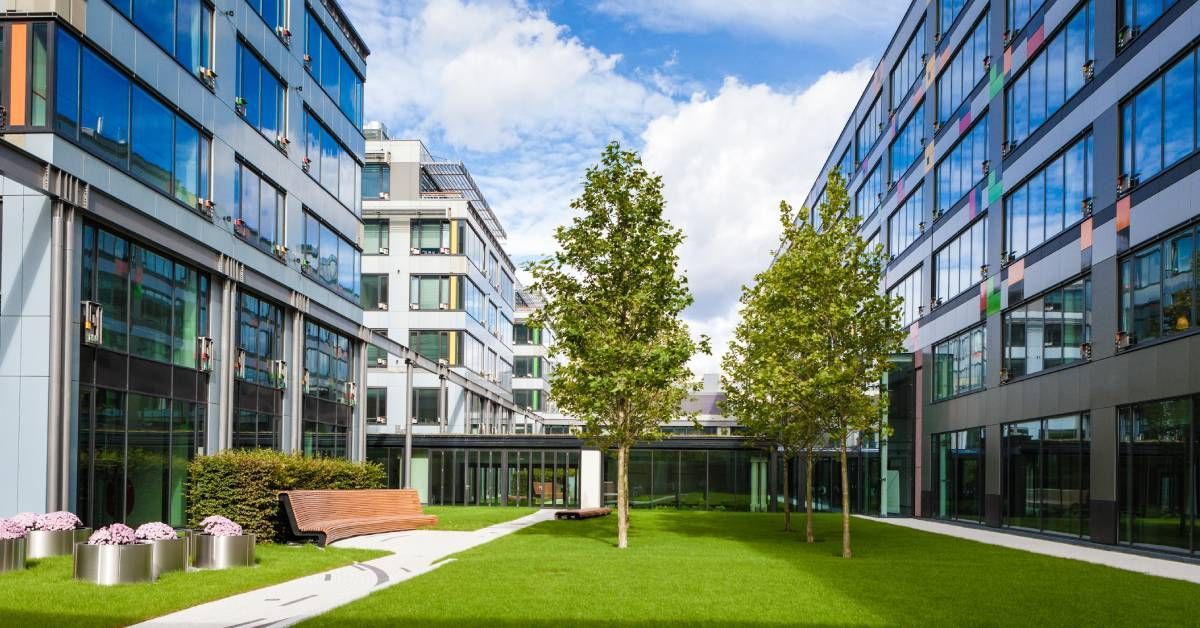How Permeable Paving Can Help With Soil Erosion
Soil erosion is a constant challenge for landscapers, urban planners, and others. It has multiple negative consequences, including reduced soil fertility, flooding, and the degradation of the local water supply. Permeable paving offers at least one way to counter this effect. Here’s how permeable paving can help with soil erosion and offer practical answers to the above issues.
Permeable Paving: What Is It?
Permeable paving includes using paving materials such as permeable gravel that allow water to pass through to the soil below. Traditional paving materials—concrete, cement, and asphalt—are nonporous, causing water to pool, run off, carry soil, and deprive groundwater of replenishment. Permeable paving, however, allows the water to follow its natural cycle, returning to the earth.
Soil Erosion: The (Really) Bad News
When soil erodes, several things can happen, none of them good. Topsoil is lost, which can mean lost fertility. Also, sediment fills bodies of water, leading to limited capacity and poor water quality. Landslides, habitat destruction for local wildlife, and loss of support for manufactured structures are other ill effects of soil erosion. Short version: soil is best when it remains in place. Fortunately, permeable paving can help.
How Does Permeable Paving Fight Soil Erosion?
Permeable paving can help with soil erosion by allowing water to infiltrate and reach the ground. It reduces runoff and prevents the water from carrying off topsoil. This is especially important in areas with steep slopes or compacted soils more prone to the effects of erosion. Furthermore, by mimicking natural drainage processes, permeable paving prevents flooding and improves the overall health of the landscape.
As a bonus, permeable paving materials absorb pollutants and filter out contaminants from rainwater before they enter the environment. While filtration is part of the ground’s duties, permeable paving provides an extra layer of defense and filtration, supporting the health of the surrounding landscape and preventing pollution from entering natural and manufactured waterways.
Permeable Paving and Sustainable Landscapes
It’s best to create landscapes with their effects on the local ecosystem in mind. Environmentally friendly constructions such as rain gardens, green roofs, bioswales, and permeable paving help landscaping work with nature to control stormwater and slow or stop the deleterious effects of soil erosion.
Want to learn more about how resin-bound paving can help your garden or other green space become greener? Contact us for more information!
